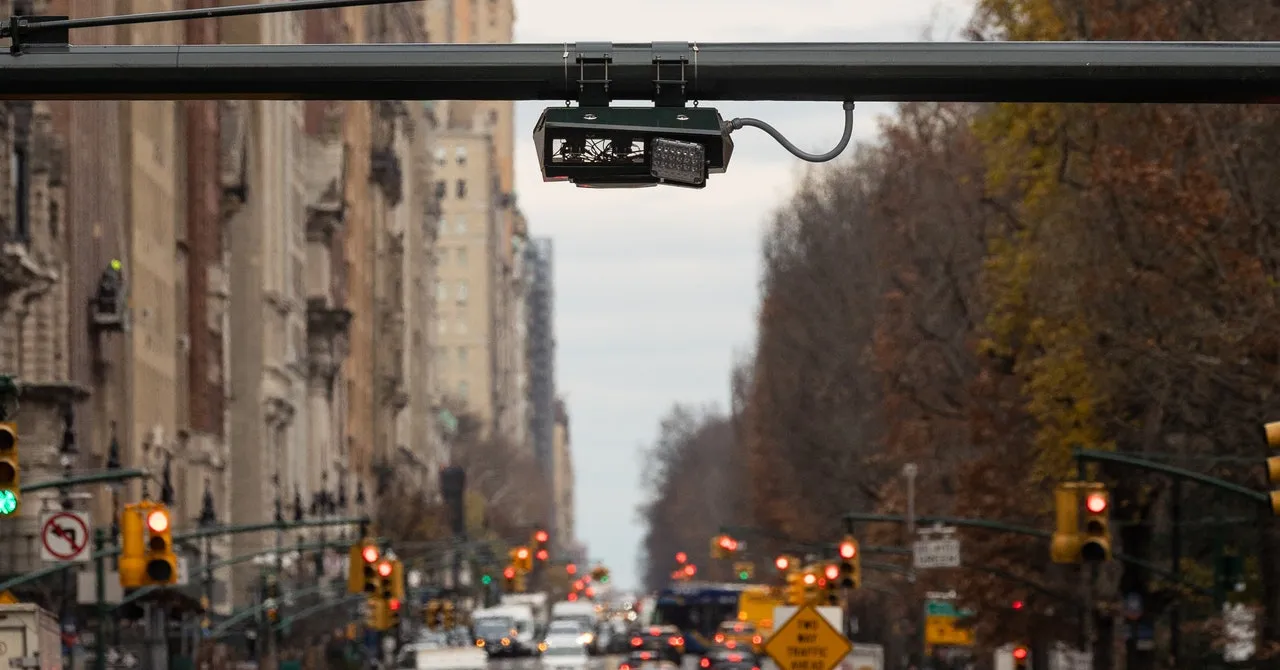Artificial Intelligence and Surveillance: The Growing Concern Over Privacy and Politics

AI Surveillance and Its Broadening Scope
Artificial intelligence has transformed surveillance technology, extending its capabilities far beyond mere traffic enforcement. Originally meant for capturing license plates, these systems are now uncovering political expressions—including lawn signs and bumper stickers—across the United States.
Privacy at Stake: The Data Collection Crisis
- License plate readers (LPR) accumulate billions of images.
- Political affiliations recorded without consent.
- Potential misuse of data raises civil liberties concerns.
Concerns from Civil Liberties Groups
Advocates voice growing fears over mass surveillance as the captured data might be weaponized against citizens based on their political views. The American Civil Liberties Union emphasizes the ethical issues, stating that individuals should not fear retribution for expressing their opinions publicly.
The Dark Side of Technology
- Misuse of surveillance data by law enforcement.
- Increased political division and potential violence.
- Legal loopholes around data access.
The Future of Surveillance and Privacy
As technologies evolve, the implications for personal freedoms and privacy will only deepen. Society faces a critical juncture in addressing how surveillance systems operate and the protection of constitutional rights. Advocates call for transparency and regulation to ensure that innovations benefit society without infringing on its core principles.
This article was prepared using information from open sources in accordance with the principles of Ethical Policy. The editorial team is not responsible for absolute accuracy, as it relies on data from the sources referenced.